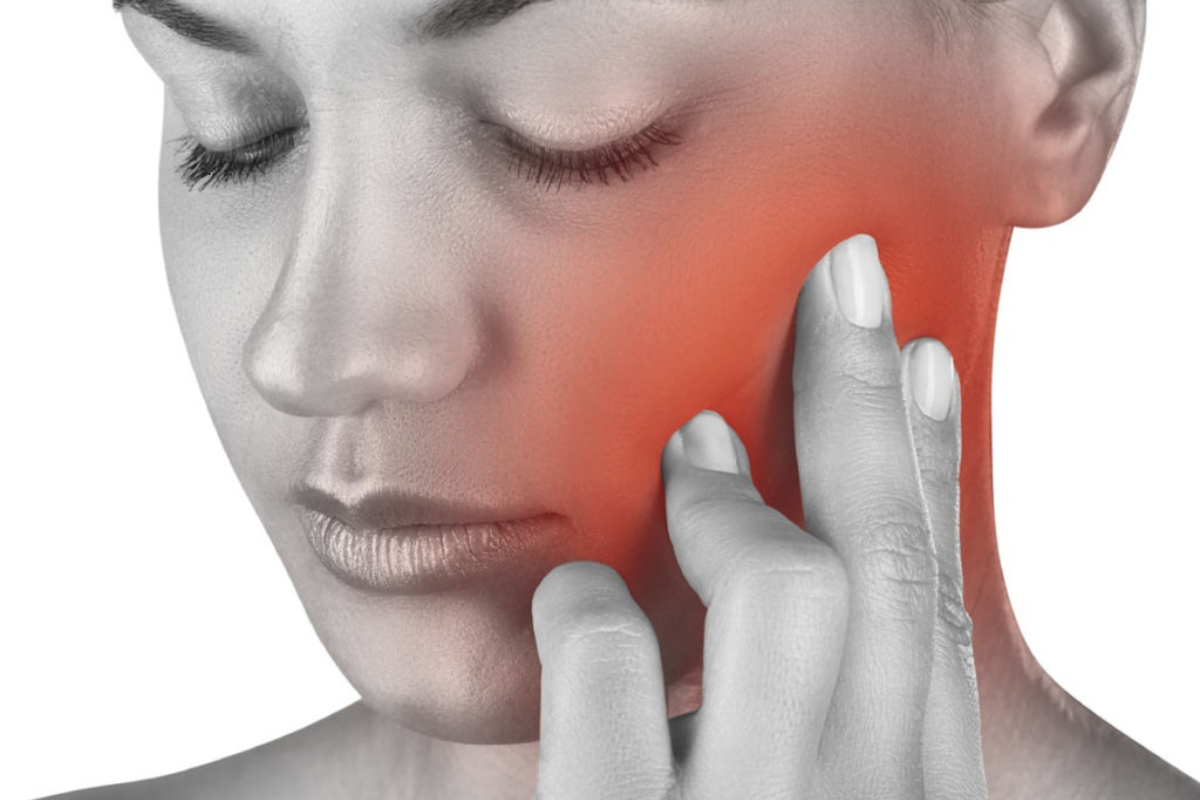San Jose, CA
What Causes TMJ and How Treatment Can Help


Do you ever experience jaw pain or discomfort, especially when chewing or speaking? You might be dealing with a temporomandibular joint (TMJ) disorder. TMJ disorders affect the joints and muscles that control jaw movement, causing a range of symptoms from mild discomfort to severe pain. Understanding the causes and seeking proper treatment from a dentist in San Jose can significantly improve your quality of life.
What is TMJ?
The temporomandibular joint (TMJ) acts like a sliding hinge, connecting your jawbone to your skull. This joint is essential for everyday activities like chewing, talking, and yawning. When this joint becomes inflamed or damaged, it can lead to a TMJ disorder, also known as TMD.
Common Causes of TMJ Disorders
Several factors can contribute to the development of TMJ disorders:
- Bruxism: Teeth grinding and jaw clenching, often due to stress or anxiety, can strain the TMJ.
- Misalignment: An improper bite or jaw alignment can put stress on the TMJ.
- Injury: Trauma to the jaw or head can damage the TMJ.
- Arthritis: Degenerative joint diseases like arthritis can affect the TMJ.
- Genetics: Some individuals may be predisposed to TMJ disorders due to genetic factors.
Understanding these causes is crucial for effective diagnosis and treatment.
Symptoms of TMJ Disorders
Recognizing the symptoms of TMJ disorders can help in seeking timely treatment:
- Jaw pain or tenderness
- Difficulty chewing or biting
- Clicking, popping, or grating sounds in the jaw joint
- Locking of the jaw
- Facial pain
- Earaches or ringing in the ears (tinnitus)
If you experience any of these symptoms, consulting with a dentist specializing in TMJ disorders in San Jose is advisable.
Treatment Options for TMJ Disorders
Treatment for TMJ disorders aims to relieve pain and restore normal jaw movement. Depending on the severity and underlying cause, treatment options may include:
- Pain Relief: Using over-the-counter pain medications or muscle relaxants to alleviate symptoms.
- Therapies: Physical therapy, jaw exercises, or using a mouthguard to prevent teeth grinding.
- Orthodontic Treatment: Correcting bite alignment issues through braces or other dental appliances.
- Surgery: In severe cases, surgical intervention may be necessary to repair or replace the TMJ.
A qualified dentist in San Jose can assess your condition and recommend the most suitable treatment plan tailored to your needs.
TMJ Treatment in San Jose
Seeking professional help for TMJ disorders is essential for effective management and long-term relief. A dentist experienced in treating TMJ disorders in San Jose can provide personalized care and guidance to improve your jaw function and alleviate discomfort.
In conclusion, understanding the causes of TMJ disorders and seeking appropriate treatment from a dentist in San Jose are crucial steps towards improving your quality of life. If you suspect you may have a TMJ disorder, don’t hesitate to reach out for expert advice and personalized care. Take control of your oral health today!



